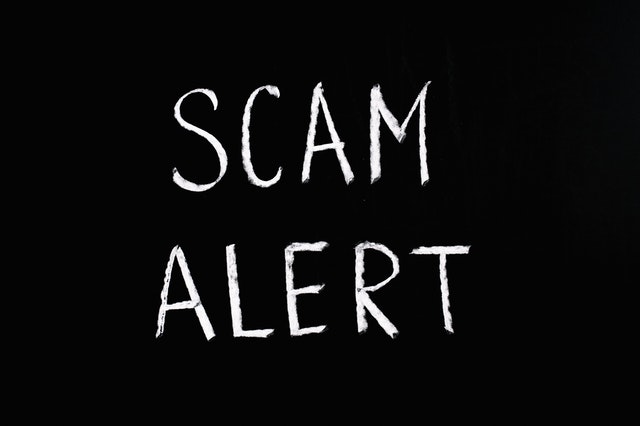In this two-minute read, we look at the increasingly sophisticated scam that fraudsters are using to separate homebuyers from their hard-earned cash.
Even though we’re in lockdown, criminals are still out there trying to swindle people, so if you plan to buy a new home in Walton On Thames in 2021, please heed UK Finance’s latest warning about an email scam that is on the rise.
Here’s how it works. Fraudsters hack into the system of a conveyancing firm and monitor their emails. When a deal nears completion, they send the buyer an email that looks like it has come from the conveyancing solicitor. There has been an administrative error, it says, and the bank account details for the transaction have changed.
The buyer, anxious to secure their dream home (and, in the current climate, take advantage of the Stamp Duty holiday), follows the instructions and sends the funds – to a fraudster.
UK Finance, which promotes secure financial transactions, says this type of crime is on the rise with £16.2 million lost in the first half of 2020. While it’s not the largest type of scam in the UK, it is particularly ruthless as large sums of money are involved; one poor soul lost £300,000.
Tips to avoid being scammed
– Don’t assume that fraudsters write or speak in a certain way – their emails can be polite and polished and feature logos and letterheads that are perfect copies of the real thing.
– If you have even a quiver of doubt, step back from the situation and take a breath. Buying a home can be a fraught process and it’s easy to get caught up in the moment.
– Never send money without verifying the authenticity of the account information – call, or even better, visit your solicitor’s office to confirm the details. (Note: Don’t call the number listed on the invoice that has raised your suspicion, this could be a fake.)
– Work with people you trust. Go with conveyancing solicitors and estate agents with longstanding reputations.
Fraud red flags for homebuyers
– Emails that notify you of a change of bank details.
– Duplicate invoices, one will be real, one will be fake.
– Pressure to act ASAP. Fraudsters often strike on a Friday afternoon. They’re hoping you won’t realise your mistake until after the weekend (and they’ve had time to move the money on).
– A change – no matter how minor – to an email address. Often the fraudulent email will come from an address that is similar to the legitimate one.
Here at Rochills, we’re here to support you through the homebuying process. We’re happy to provide expert advice and share our years of knowledge and experience.
Copyright 2021 ROCHILLS




